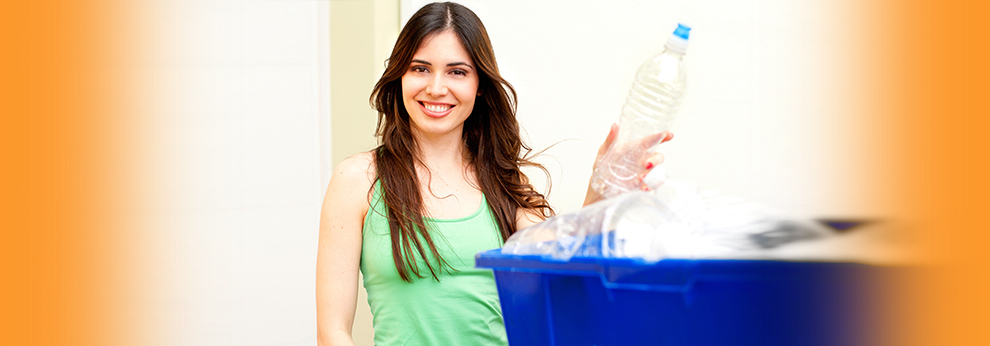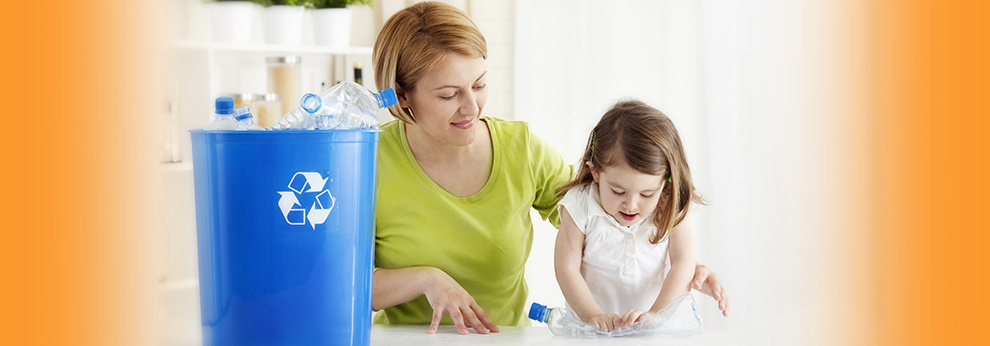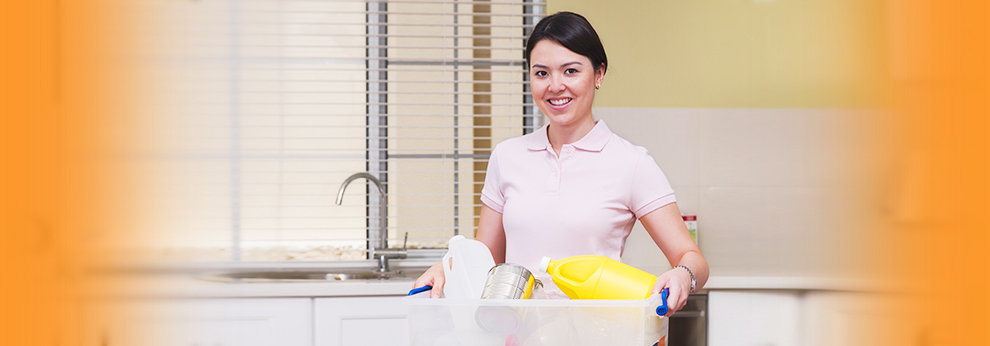Sustainable Habits: Teaching Kids the Importance of Recycling
Posted on 04/07/2025
Sustainable Habits: Teaching Kids the Importance of Recycling
Introducing children to the world of recycling and sustainable living at an early age is crucial for building a responsible future generation. As climate change, pollution, and resource depletion threaten the planet, nurturing environmentally-conscious habits can make a significant difference. In this comprehensive guide, you'll discover how to teach kids about recycling, why it's important, and creative ways to integrate eco-friendly habits into their everyday lives.
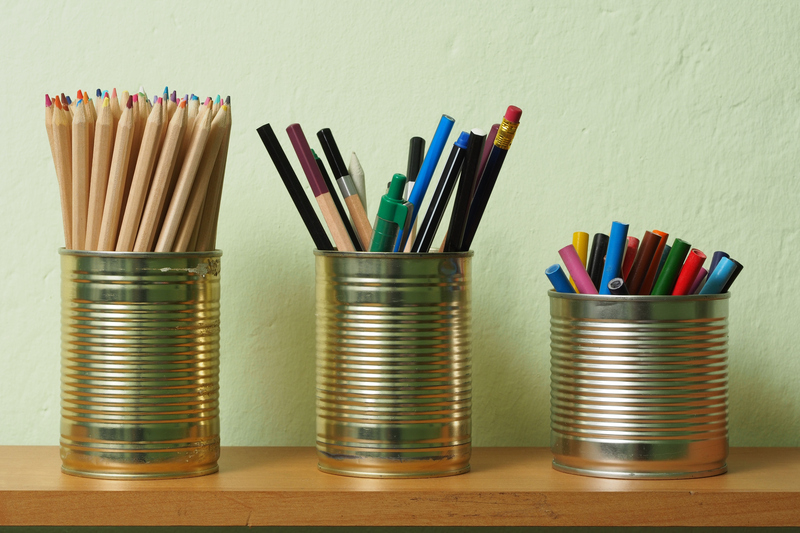
Why Teaching Kids about Recycling Matters
Children are naturally curious and absorb habits rapidly. When we introduce the concept of sustainability and the importance of recycling early on, it lays the foundation for lifelong green practices. Here's why this matters:
- Long-Term Impact: Habits formed in childhood often last a lifetime.
- Collective Change: Teaching one child can influence families, friends, and communities.
- Environmental Awareness: Kids who understand recycling are more likely to care about other eco-friendly activities like composting and conservation.
- Reducing Waste: Children play a key role in decreasing household and school waste.
An empowered child who values sustainability can become a champion for green change, both at home and beyond.
Explaining Recycling and Sustainability to Kids
Making Complex Ideas Simple
When it comes to teaching children about recycling, simplicity is key. Explain recycling as a process where used items are processed and made into new things instead of being thrown away. Use relatable examples such as recycling paper to make new books or bottles to create playground equipment.
Tips for Explaining Recycling:
- Show them the recycling symbols and what they mean.
- Discuss the difference between trash, recycling, and composting bins.
- Share stories or videos about recycling journeys.
- Relate recycling to protecting animals and natural spaces.
The Benefit of Sustainability
An essential part of developing sustainable habits for kids is helping them understand the "why" behind recycling. Explain that resources like trees, water, and minerals are limited, and recycling helps save them for future generations. Use age-appropriate analogies, such as comparing Earth's resources to a piggy bank: if you keep spending without saving, it will eventually run out!
Practical Ways to Teach Kids Recycling at Home
Teaching the importance of recycling works best when kids can apply what they learn. Here are hands-on strategies to incorporate sustainable habits into your family's routine:
Start with Sorting
- Set up clearly labeled bins for recyclables, compost, and trash.
- Make it a fun family activity to sort after meals or during weekly tidy-ups.
- Reward consistent recycling with points, stickers, or small prizes.
Lead by Example
Children mimic adults, so actively participate in recycling yourself. Let them see you rinsing containers, separating plastics from papers, and discussing what goes where. Your consistent actions and positive attitude reinforce the value of sustainable living.
Creative Recycling Projects
Get creative with "upcycling" crafts:
- Turn old jars into decorative vases or storage containers.
- Use cardboard boxes for building forts or organizing toys.
- Create art projects using bottle caps, magazines, and other recyclable materials.
These activities make recycling tangible, memorable, and fun for kids. Moreover, they subtly reinforce that reusing materials is equally valuable as recycling them.
Making Recycling a Part of School Life
Schools play a pivotal role in fostering eco-friendly habits in children. Teachers and administrators can support the development of sustainable routines with these ideas:
Implement School-Wide Recycling Programs
- Set up accessible recycling stations in classrooms, cafeterias, and hallways.
- Appoint "recycling monitors" or "eco-captains" among students to encourage peer engagement.
- Organize recycling competitions between classes or grades to incentivize participation.
Educational Workshops and Field Trips
Arrange lessons or assemblies focused on environmental stewardship and recycling processes. Many local recycling centers offer field trips where kids can watch how items get sorted, processed, and repurposed. These experiences help bring lessons to life.
Sustainable Curriculum Integration
Teachers can weave recycling and sustainable living into science, math, art, and social studies. For example, conduct math lessons calculating waste reduction or create recycling-themed artworks, combining creativity with environmental education.
Engaging Resources and Tools for Learning About Recycling
Books and Stories
- The Adventures of a Plastic Bottle by Alison Inches
- Why Should I Recycle? by Jen Green
- Michael Recycle by Ellie Bethel
- One Plastic Bag by Miranda Paul
These books make complex sustainability themes accessible, relatable, and enjoyable for children of all ages.
Interactive Apps and Games
- Recycle Hero: Teaches kids how to sort waste in a playful format.
- Gro Recycling: Helps children understand cycles and consequences of recycling choices through engaging gameplay.
By leveraging technology, parents and teachers can sustain children's interest and foster sustainable habits in a tech-savvy way.
Overcoming Challenges When Teaching Kids to Recycle
Making It Routine
Children thrive on repetition. Set specific times for recycling activities, such as after school or before bedtime, to help them form habits. Use visual reminders like checklists or color-coded bins for clarity.
Dealing with Recycling Confusion
Not all materials are recyclable in every area, which can confuse kids and adults alike. Help children identify recyclable items by:
- Posting simple, illustrated guides near recycling bins.
- Having regular "quiz days" to review which items go where.
- Encouraging them to check for recycling symbols and numbers on plastics.
Motivating Reluctant Learners
If kids lose interest or struggle with consistency, focus on positive reinforcement. Explain the "big picture" benefits, such as helping wildlife or making new school supplies from recycled materials. Tie recycling to real-world changes kids care about, boosting their motivation and sense of accomplishment.
Inspiring Responsible Global Citizens
The benefits of sustainable living habits for children extend far beyond recycling bins. Kids who understand sustainable habits become environmentally responsible adults who:
- Use resources mindfully.
- Advocate for green solutions in their communities.
- Educate others about environmental stewardship.
- Engage in conservation, reusing, and upcycling activities.
Starting with small, actionable changes at home or in school, children learn that their choices matter and that they have the power to make a positive difference in the world.
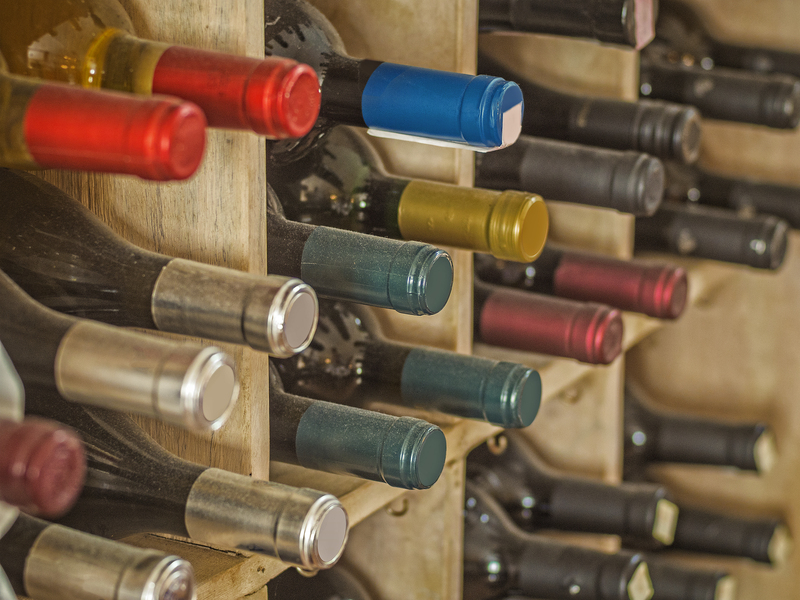
Tips for Parents: Encouraging Kids to Recycle Every Day
1. Celebrate Achievements
Track your child's recycling efforts and celebrate milestones, whether it's a week of perfect sorting or a completed eco-craft project. Small rewards or special outings reinforce the positive behavior.
2. Lead Community Efforts
Participate in neighborhood cleanups, recycling drives, or tree-planting events. These shared experiences teach children the importance of collective action and community spirit.
3. Stay Updated on Local Recycling Rules
Teach kids that recycling programs and accepted materials can vary by city or state. Make it a family activity to research local guidelines and adapt habits accordingly. This keeps practices up-to-date, relevant, and effective.
4. Encourage Critical Thinking
When shopping, involve kids in choosing products with minimal packaging or made from recycled materials. Ask them thought-provoking questions, such as "Is this recyclable?" or "How could we reuse this item?"
5. Practice What You Preach
Your actions are the best teaching tools. Children will follow your lead, so commit to sustainable habits in all aspects of life - from turning off lights to packing waste-free lunches.
The Future of Sustainability: Children as Eco-Champions
Today's children are tomorrow's environmental stewards. By nurturing a generation of kids who value recycling and sustainable habits, we protect our planet and ensure a more sustainable future for all.
Start small. Empower your child with knowledge, creativity, and enthusiasm for sustainability. In doing so, you help them become leaders, innovators, and guardians of the earth.
Key Takeaways for Teaching Kids the Importance of Recycling
- Begin teaching recycling and sustainability habits at a young age.
- Engage kids with hands-on activities and creative projects.
- Use relatable examples, stories, games, and positive reinforcement.
- Lead by example and celebrate successes.
- Foster a sense of responsibility by involving kids in broader community efforts.
Together, by teaching the next generation the real value of recycling, we take collective steps toward a cleaner, healthier, and more sustainable world.

